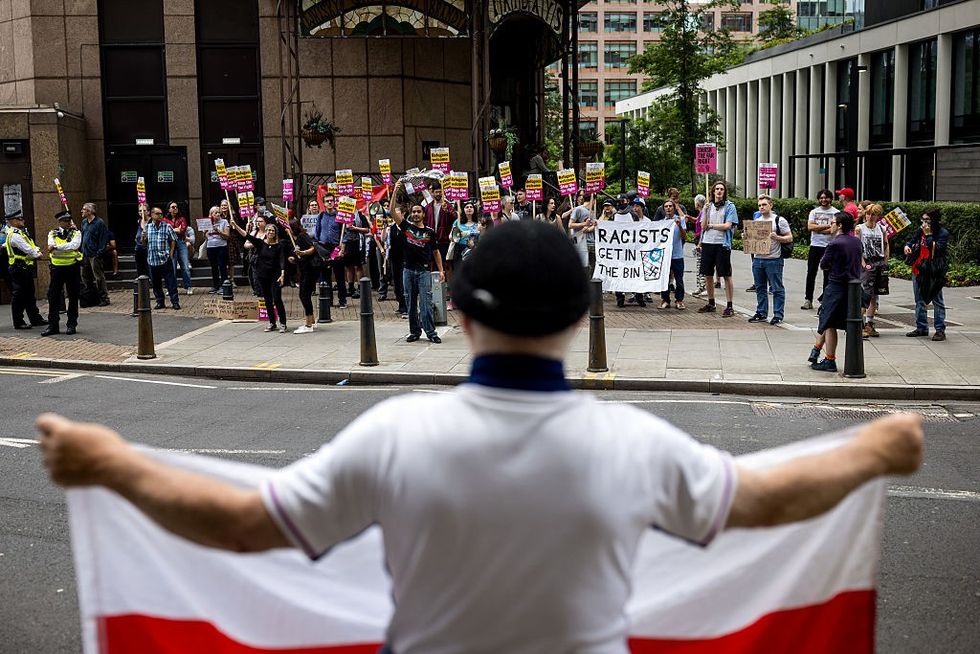The Libyan-origin suicide bomber, who carried out the terror attack in Manchester city killing 22 people, did not act alone, police said, indicating that more arrests are likely.
The Greater Manchester police said that their investigation into the terror attack carried out by Salman Abedi, 22, at the end of a concert by American pop star Ariana Grande in May, is likely to lead to further arrests.
Detective Chief Superintendent Russ Jackson, head of counter-terrorism in north-west England, said that Abedi had carried the explosive device through the streets of Manchester for "several hours" before blowing up at his intended target.
"We are still working to understand the manner by which he became radicalised," Jackson told reporters at Greater Manchester Police headquarters this week.
Abedi's family is from Libya but fled during the dictatorship of Muammar Gaddafi.
Abedi travelled to Libya numerous times and police are investigating how he learnt to make a bomb.
Detectives are working with Libyan authorities to question Abedi's brother, 20-year-old Hashem, who is being held in Tripoli. He was arrested along with their father Ramadan.
"Salman Abedi travelled to Libya a number of times in his life. What we are looking at is the number of ways he learned the skills to build the device," Jackson said.
Officers are still searching for a blue suitcase in a landfill site, which has been described as a "key line in the inquiry".
The police investigation into the attack is expected to continue for "many, many months to come" as police have 16,000 hours of CCTV footage and 755 statements to analyse.
More than 250 people were hurt with injuries ranging from paralysis and loss of limbs to internal and facial injuries in the blast.
The bomb had a "devastating" impact and gouged out a section of the concrete floor of Manchester Arena in the heart of the city.
Greater Manchester Police also disclosed more emotional details of the aftermath of the attack on May 22, describing how forensics officers had used roses and nameplates to pinpoint where the bodies of families' loved ones fell in a dignified way.

















 A man holds an England flag aopposite protesters attending a rally organised by Stand Up To Racism outside the Britannia International Hotel on July 25, 2025 in London, England. (Photo by Jack Taylor/Getty Images)
A man holds an England flag aopposite protesters attending a rally organised by Stand Up To Racism outside the Britannia International Hotel on July 25, 2025 in London, England. (Photo by Jack Taylor/Getty Images)